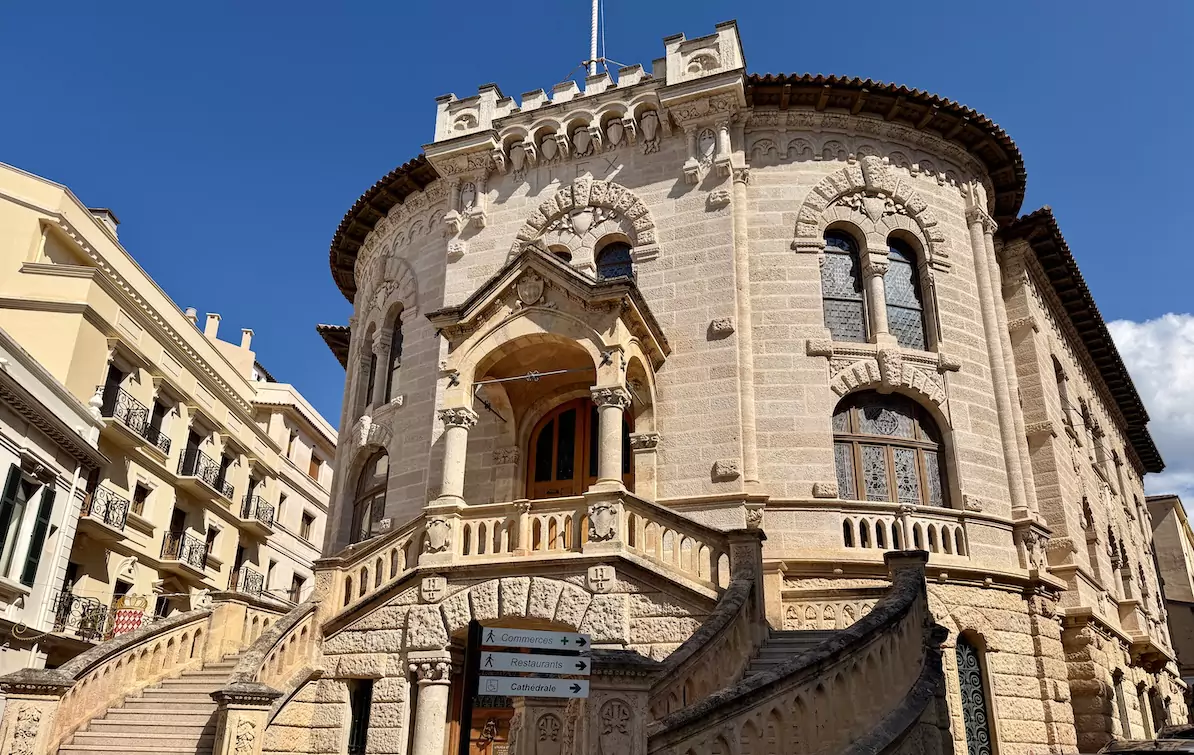Monaco is moving to bolster its judicial system with a new “reserve force” of magistrates and introduce tighter road safety rules, following a National Council session that saw the Government and elected officials align on reforms tied to international obligations and domestic priorities.
At the heart of the meeting was Bill No. 1.109, a long-debated measure that will establish a judicial reserve corps – a first for the Principality – enabling experienced judges to be appointed on a temporary basis to ease pressure on Monaco’s justice system. The move directly addresses the demands of the Moneyval Committee, which urged Monaco to speed up the handling of complex financial crimes and money laundering cases.
While initially controversial, the Government and National Council reached a consensus by adding a 10-year limit on the use of the reserve mechanism, a clause that means no new magistrates can be appointed after a decade without new legislation. Those already in post, however, will be allowed to complete their mandates. The compromise was welcomed by the Minister of State, who praised the Council’s willingness to put “the general interest” first and maintain institutional balance.
“This solution preserves the constitutional responsibilities of the High Council of the Judiciary and of the Minister of State in the appointment of magistrates, while also giving full meaning to the constitutional prerogatives of the National Council,” said Minister of State Pierre Dartout.
Government Rejects Budget Law Over Rigidity Concerns
The session also took a sharp turn into the realm of public finance, where the National Council had tabled a proposed organic law (No. 270) aiming to give Monaco a more modern and transparent budgeting process. The plan included the creation of multi-year forecasts and tighter controls on overspending. However, the Government rejected the proposal, arguing that it risked imposing too much procedural rigidity on a system that needs to remain flexible.
“The proposal to require a new authorisation law for budget overruns, in addition to the existing rectifying budget, could risk slowing down and complicating the financial execution of public policies,” said Jean Castellini, Minister of Finance and the Economy. While noting the Government’s agreement with the principle of fiscal discipline, he added: “We share the desire for good budgetary governance, but we believe that the current legal tools are sufficient.”
New Road Safety Legislation Targets Modern Risks
Also discussed was Bill No. 1.107, a draft law to strengthen road safety in the Principality. While full details have not yet been made public, the initiative is expected to include new penalties and tools to modernise Monaco’s traffic legislation, aligning it more closely with European best practices. The move comes amid growing concern over road use and accident prevention in a densely populated urban setting.
“It is our shared duty to guarantee the safety of all road users, especially the most vulnerable,” said Government Counsellor-Minister of Equipment, Environment and Urban Planning Céline Caron-Dagioni, noting the urgency of updating outdated legal frameworks.
During the public session, the Government confirmed that other reforms, including updates related to the Principality’s anti-money laundering framework, remain in development.
The next legislative steps will likely be shaped by further consultations between Government departments and National Council commissions.
Stay updated with Monaco Life: sign up for our free newsletter, catch our podcast on Spotify, and follow us across Facebook, Instagram, LinkedIn, and Tik Tok.
Photo credit: Cassandra Tanti, Monaco Life
